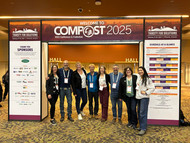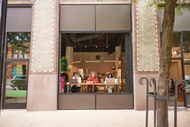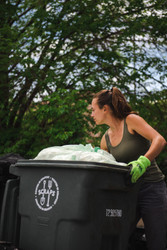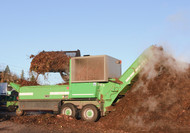Stories
Read all about it. New products, waste diversion success stories, company news - it's all here.
Sep 16th 2025
When stadiums, restaurants, and college dining halls choose to use certified compostable products, this presents a great opportunity to compost both food scraps and compostable foodservice products,
Sep 2nd 2025
Eco-Products offers a variety of products that balance environmental, performance, economic, and market needs. Our bundle is divided into three product lines defined by raw material types and end-of-
Aug 29th 2025
When you meet Kate Vrijmoet, you immediately sense her authenticity. She will genuinely inspire you as she activates curiosity and creativity. Kate possesses a career dedicated to creating positive c
Aug 18th 2025
Scraps is a female-owned, Denver-based company that has grown from a solely bike-powered compost hauling service to a full-scale commercial and residential compost hauling provider. Their dedication
Aug 13th 2025
Have you ever wondered what happens after you toss a certified compostable cup into a compost bin? The journey a compostable cup takes from being used to turning into a nutrient-rich soil amendment i





